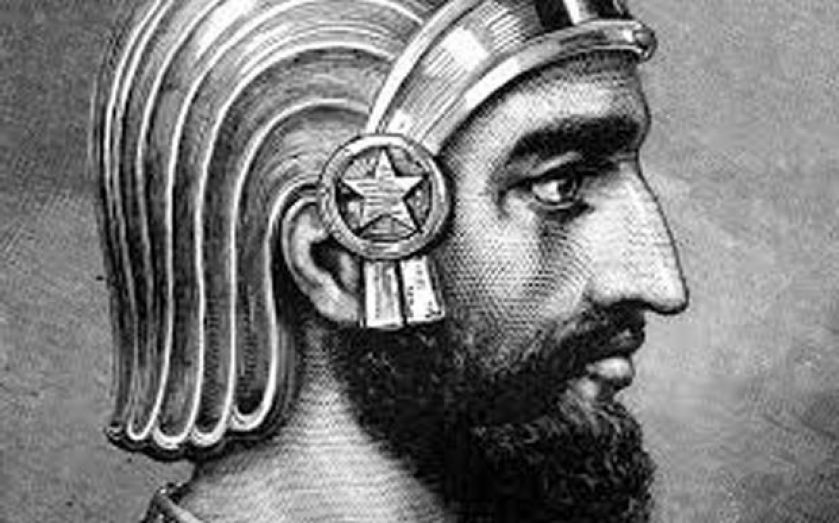Leadership lessons from the ancients: How to succeed like Cyrus the Great

IT WAS a great invasion in the cause of liberty. Not 70 years ago, but two and a half millennia, when on 7 October 540 BC the army of Cyrus the Great entered Babylon by water. Beforehand, he misdirected the blockaded city by digging a ditch encircling its walls, as if settling his army in for a siege. Then, under cover of night, the brilliant general and architect of the Achmaenid Empire diverted the Euphrates into this massive ditch, and marched his troops into the heart of the city along the river bed.
This is just one remarkable tale in a fresh edition of Cyrus the Great’s ancient biography by Larry Hedrick, aimed at bringing his insights on leadership to the boardroom. Management guru Peter Drucker called it not just the first systematic study of leadership, but still the best.
The only Persian emperor most people have heard of these days is the tyrant Xerxes, thanks to the Hollywood blockbusters 300 and 300: Rise of an Empire, which retell his battle to invade Europe, and the heroic resistance of Ancient Greece.
Yet Xerxes’ predecessor Cyrus is a different story. Far from imperial over-reach and the subjection of the conquered, Cyrus was a leader who sought strength through the tolerance his imperial project permitted. He liberated the Jews from Babylonian exile, and allowed them to rebuild the temple in Jerusalem, for which he is remembered in the book of Isaiah, where he is hailed as God’s anointed, the instrument by which He acts to “strip kings of their armour”.
So universal was Cyrus’ message that his charter of religious tolerance, announced in the wake of his entry into Babylon, has been taken up by the UN and translated into all six of its official languages. The original clay cylinder, owned by the British Museum, may be the first declaration of human rights in recorded history.
But it is the leadership lessons that Cyrus provides, based on his respect for others, that make his life essential reading. Less cynical than Machiavelli, more concrete than Sun Tzu, Cyrus provides vivid examples from his own age that not only illustrate timeless principles for success, but refute the idea that the ambitious must sacrifice virtue or honour. Hedrick’s explanatory subtitles reinforce Cyrus’ priorities: “Refuse to make your friends expendable”; “Strive to pacify the alienated”; “Grant your supporters freedom of speech”.
Today we remember, with thanks, the price paid a lifetime ago on the beaches of Normandy to secure our present liberty. That seaborne invasion was the greatest Europe had seen since it held off Xerxes himself. As we celebrate its success, we should remember too the unchanged demands freedom asks of us, as true now as for Cyrus or in June 1944. Winston Churchill put it this way: in war, resolution; in defeat, defiance; in victory, magnanimity; in peace, goodwill. As Cyrus told his friends, “If we become unworthy of the heroism and honour that brought us victory, what excuse will we offer for our failure?”
Marc Sidwell is managing editor at City A.M.